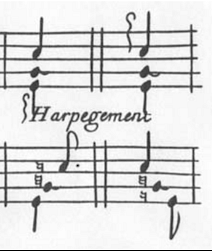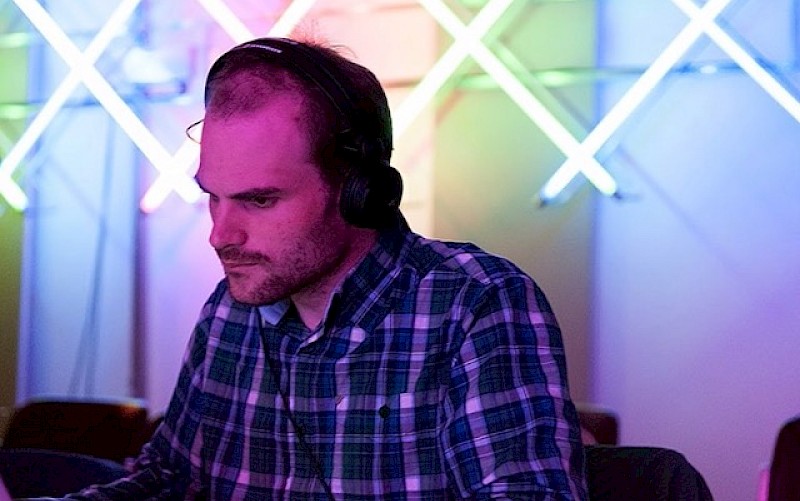
The Art of Arpeggiation
Student Number 3167720 Supervisor(s) Patrick van Deurzen Title The Art of Arpeggiation Research Question How many different ways of arpeggiation is it possible to think of and how is musical meaning created through them? Summary This research is about discovering the expressive possibilities of arpeggiation – may it be indicated by an arpeggio sign or added arbitrarily by a performer. For two reasons this question seems relevant: 1. In the past century, the idea that musical performance should be an exact reproduction of the score has become increasingly predominant and in consequence the idea of exact synchronity has evolved. Seeking for a more creative and less reproducing way to perform, breaking up this rigid synchronity provides us with an exciting "playground" yet to be explored. 2. Particularly on the classical guitar arpeggiation can frequently be heard – often for more technical than musical reasons. Especially on this instrument, a more reflected use is desirable. It was barely looked at the rules on what happens "inside" an arpeggiation. A reason for that might be, that everything inside an arpeggiation usually occurs very rapidly which makes it a lot harder to be analyzed. Besides that, often in arpeggiation the performer relies on "automatic" processes that are difficult to be modified consciously. I propose the idea, that arpeggiation consists of multiple layers of meaning that can be put together in any possible combination. The layers of arpeggiation span with increasing subtlety from habitual arpeggiation to a meticulously planned effect. In the presentation I will demonstrate this concept by showing different ways and meanings of arpeggiation in recordings and on my instrument. Short Bio Niels Pfeffer finished his harpsichord studies at the Stuttgart University of Music under Jörg Halubek and his guitar studies with Johannes Monno in 2017. He is studying in master with Robert Hill in Freiburg (harpsichord) and with Zoran Dukić in The Hague (guitar). With the guitar he won numerous prizes at renowned competitions. He is passionate about playing continuo on theorbo and harpsichord. With both instruments he took part in opera and orchestra performances. As member of different early music ensembles he has been regularly successful in competitions. At the University of Music Stuttgart he is teaching continuo and theorbo.
